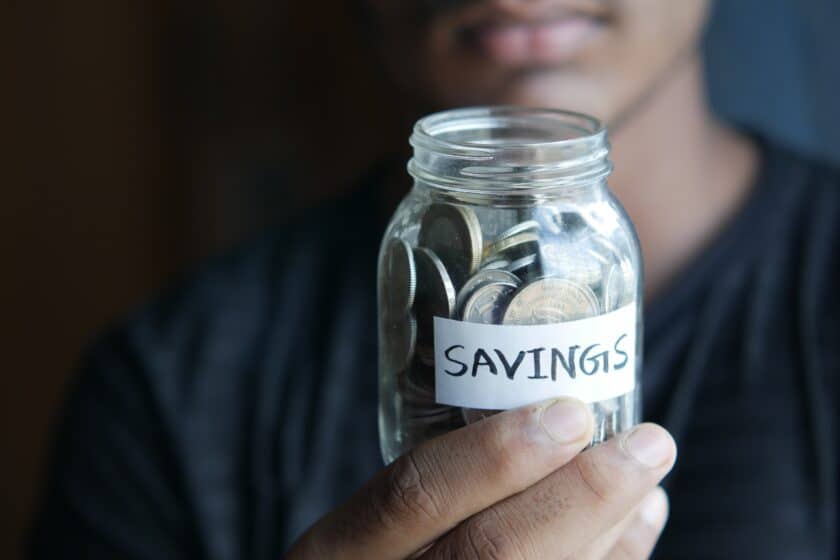A million more people are set to pay tax on savings this year amid rising interest rates and frozen tax thresholds, says AJ Bell.
It is estimated that over 2.7 million individuals will pay tax on cash interest in 2023-24, up a million year-on-year. The total includes nearly 1.4 million basic rate taxpayers, a figure that has quadrupled in just four years.
AJ Bell has called on the Government to double the personal savings allowance so that those with a rainy day fund aren’t caught out by tax on savings. The pension and investment specialist estimated that around 1 in 20 basic rate payers will be paying tax on cash interest, rising to 1 in 6 higher rate payers and around half of additional rate payers. In total, the Treasury is expected to rake in a staggering £6.6 billion in tax from interest.
AJ Bell says doubling the personal savings allowance would ensure people aren’t taxed on savings up to £20,000. With some savings accounts now offering up to 6% interest, a basic-rate taxpayer could hit the Personal Savings Allowance with £16,700 in savings or £8,400 for a higher rate taxpayer.
Laura Suter, head of personal finance at AJ Bell, said the figures highlight the sheer number of people facing a tax bill for savings interest this year.
Suter said: “The combination of higher interest rates and people having shunned ISA accounts in recent years means that the number paying tax on their savings has more than tripled in the past four years. Rising rates and frozen Personal Savings Allowance means some individuals are being taxed despite having relatively modest pots of cash set aside for a rainy day. To add insult to injury, because inflation is so high, they aren’t even making a real return on their money – yet they are still being taxed.”
Suter said the tax threshold is contradictory to government policy in other areas, pointing to the fact that interest rates have risen partly to encourage people to save money rather than spend it in order to bring down inflation.
Suter added: “Households are generally encouraged to keep their finances in a stable position by holding a rainy day fund in case of a financial emergency. This is something the government shouldn’t be punishing with a tax regime that takes money away from people trying to do the right thing.
“Until a brown letter lands on their doormat some people won’t even realise they owe tax on cash interest. Those filling out a self-assessment tax return will declare any savings interest, and subsequent tax due. But, for those taxed under PAYE, HMRC will calculate any tax due based on information sent to them by banks and building societies. It means many taxpayers will find there is a deduction made from their payslip each month, often before they’ve even realised they owe any money to the taxman.”































